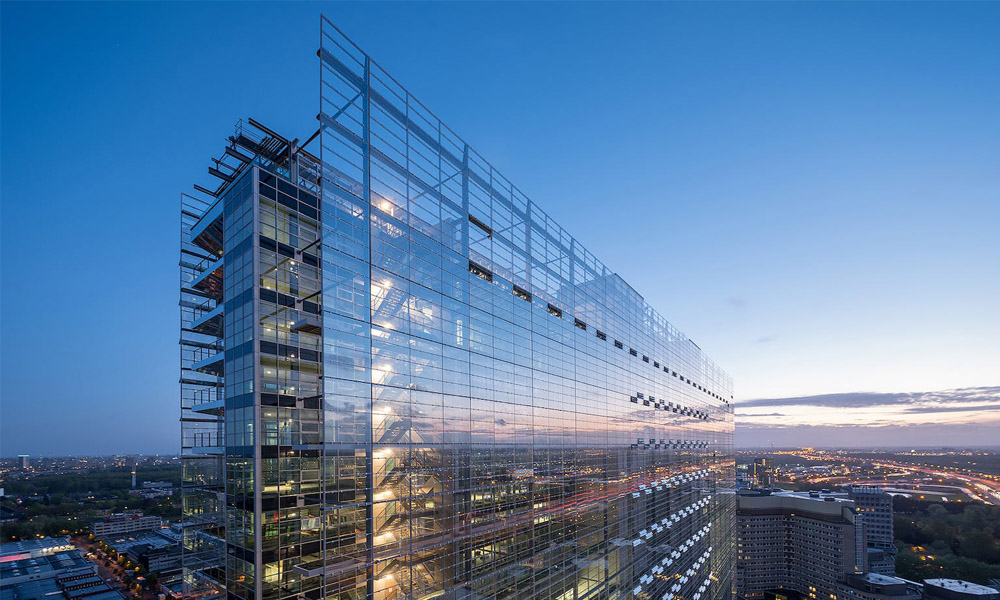

The Allure of Extra Clear Float Glass
Glass has long been an essential material in architecture and design, offering both functionality and aesthetic appeal. Among the various types of glass available, extra clear float glass stands out for its remarkable clarity and versatility. This specialty glass is increasingly being favored in modern applications, ranging from residential windows to commercial facades, owing to its unique properties.
Extra clear float glass, often referred to as low-iron glass, is a type of glass that boasts a significantly reduced iron content compared to standard float glass. This reduction in iron is crucial as it minimizes the greenish tint typically associated with traditional glass. Consequently, extra clear float glass achieves a level of transparency that allows for maximum light transmission, making it an ideal choice for projects that demand unimpeded views and natural light.
One of the defining features of extra clear float glass is its ability to enhance the visual quality of spaces. When utilized in architectural designs, the lack of distortion and color distortion creates a seamless interface between the interior and the exterior. This characteristic is particularly advantageous in environments where aesthetics are paramount, such as art galleries, museums, or high-end retail spaces, where the true colors and details of artworks and products need to be showcased.
In addition to its aesthetic benefits, extra clear float glass is also prized for its functional properties. Its high light transmission not only allows for brighter interior environments but also contributes to energy efficiency. By maximizing natural light, buildings can reduce their reliance on artificial lighting, leading to lower energy consumption. Furthermore, extra clear float glass can be treated or coated to provide enhanced thermal insulation or solar control, making it a sustainable option in modern building practices.

Installation of extra clear float glass is another aspect that deserves attention. This type of glass can be processed in various ways, including cutting, laminating, and tempering, which allows it to be integrated into both residential and commercial designs seamlessly. Its ability to be customized to fit unique architectural needs makes it a popular choice among architects and designers looking to push the boundaries of conventional glass applications.
Moreover, the durability of extra clear float glass is noteworthy. When properly treated and maintained, this type of glass can withstand the elements and resist scratches, ensuring longevity and continued performance. This factor not only enhances the safety and comfort of a space but also ensures that the investment in such high-quality glass is well worth it over time.
As the demand for modern architectural elements continues to rise, extra clear float glass has emerged as a top contender for those seeking a combination of beauty and practicality. Whether in residential homes aiming for sleek, contemporary styles or in commercial establishments prioritizing visibility and light, this remarkable material helps create spaces that are not only visually striking but also functionally superior.
In conclusion, extra clear float glass represents a perfect synthesis of innovation and design. With its stunning transparency, energy efficiency, and adaptability, it is poised to play a significant role in the future of architecture and interior design. Embracing this premium glass is a step towards creating environments that reflect light, engage the senses, and inspire creativity.